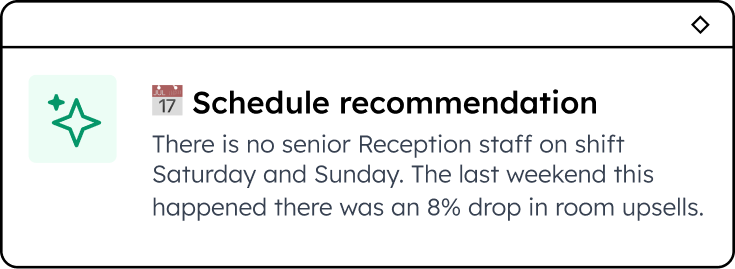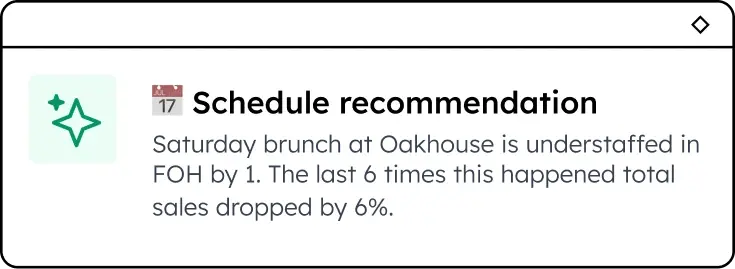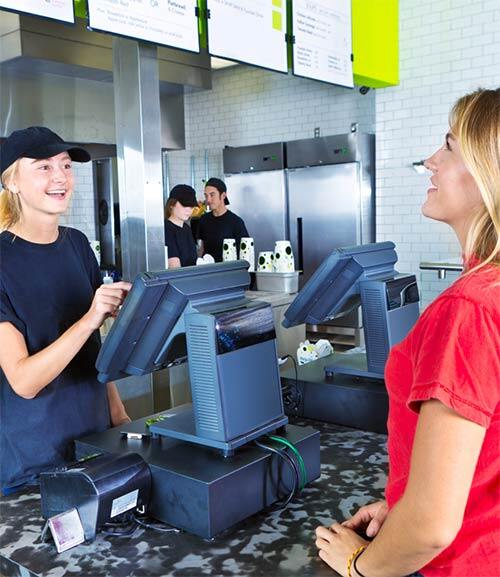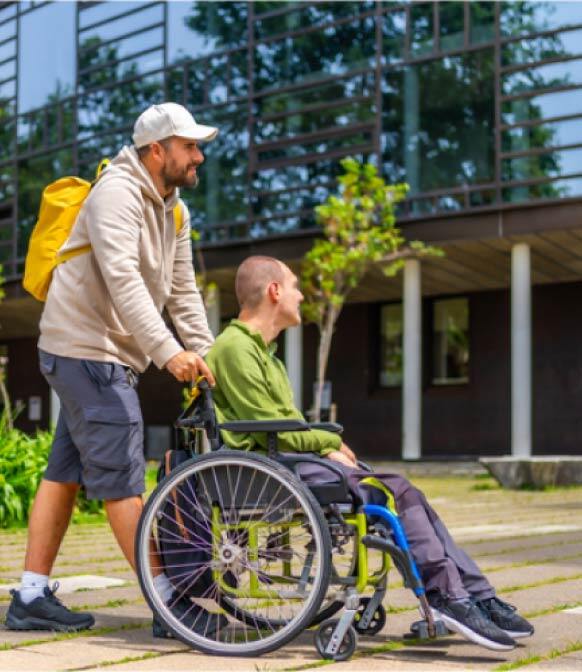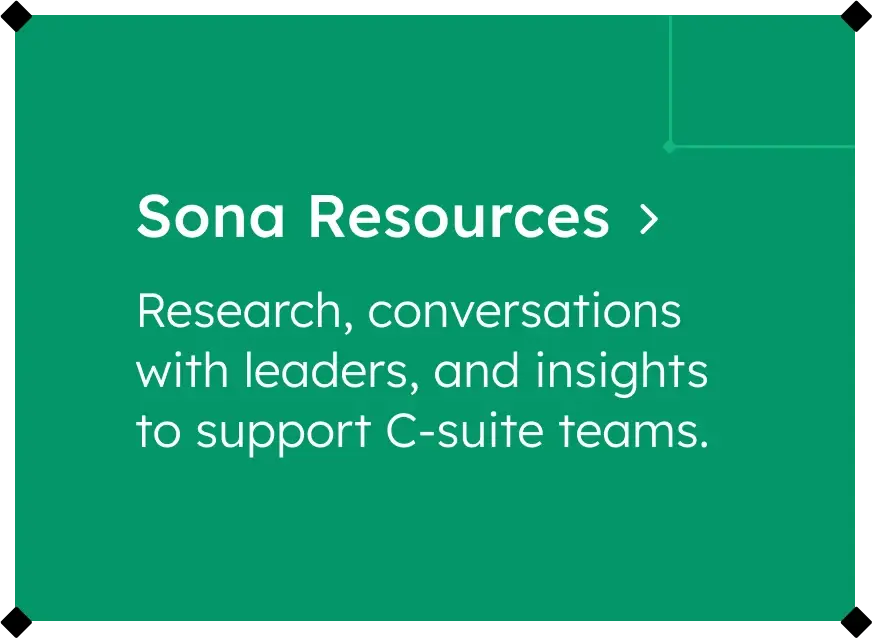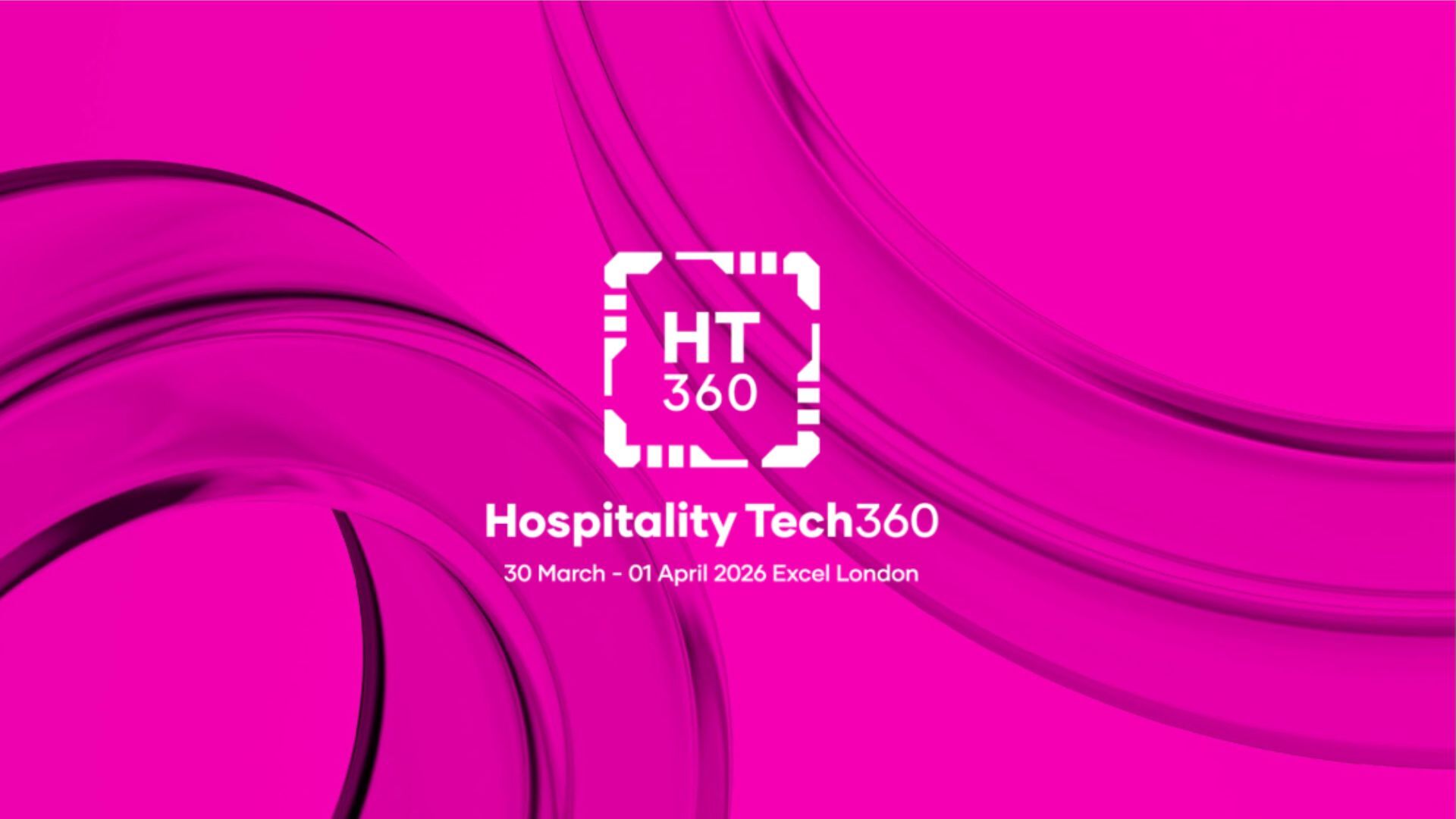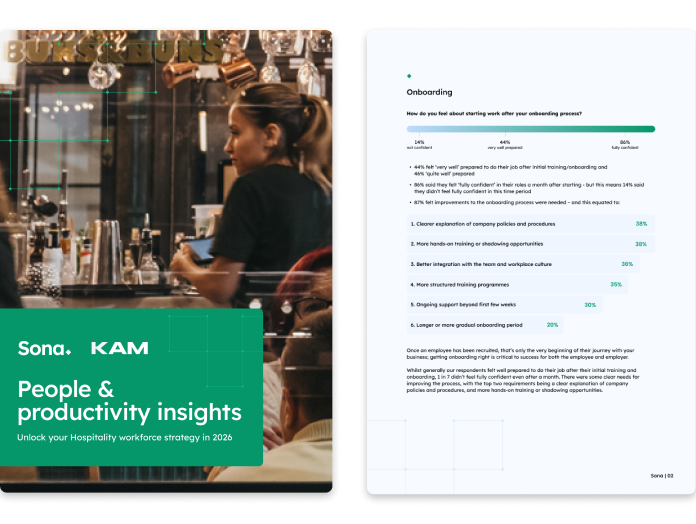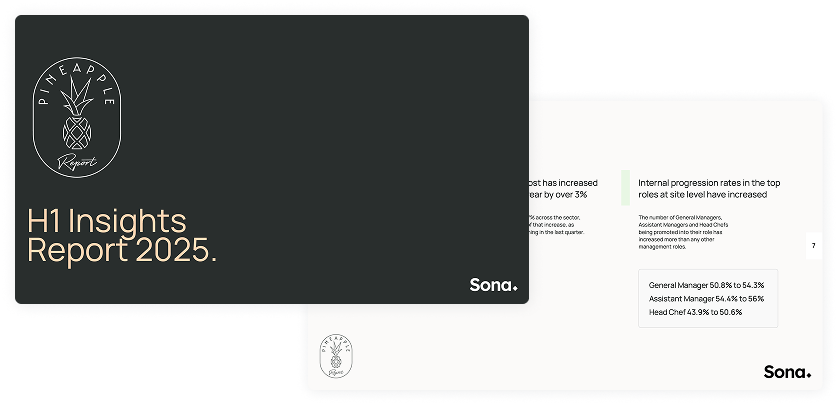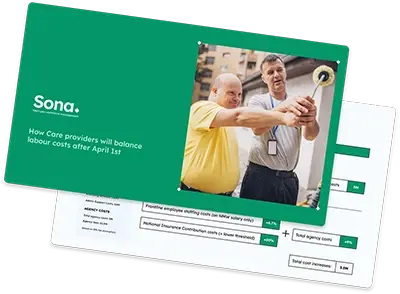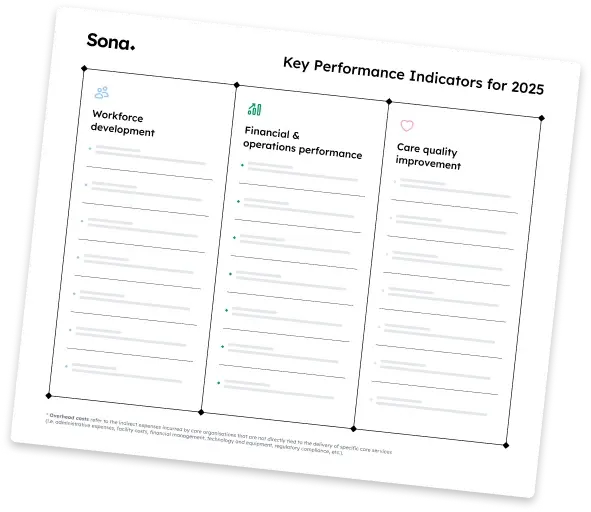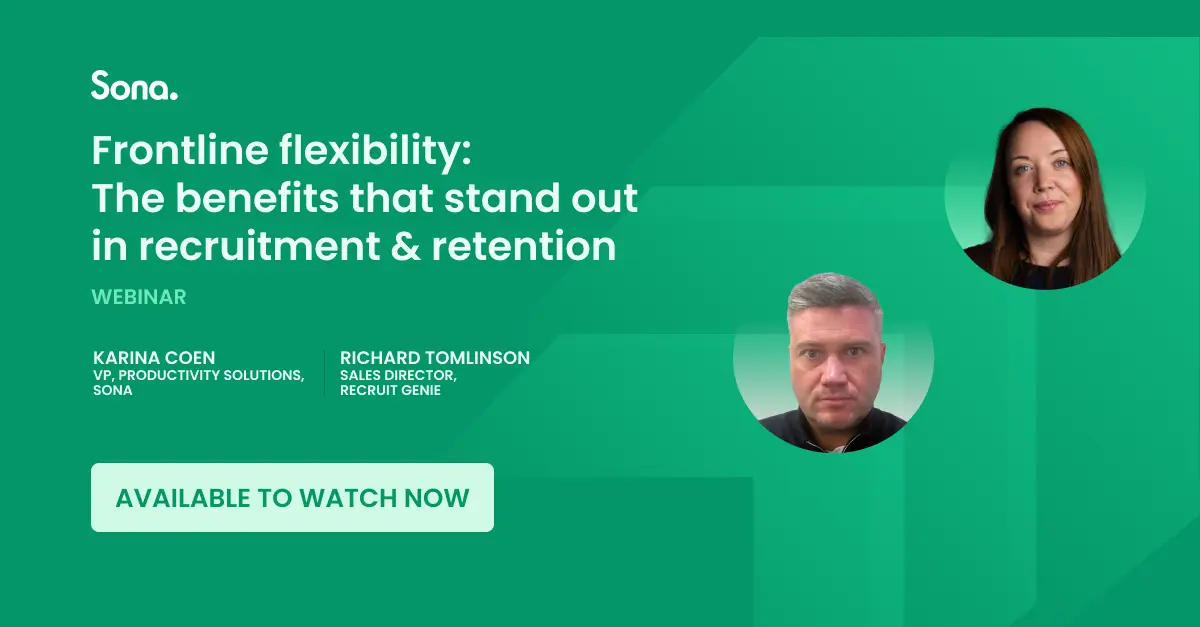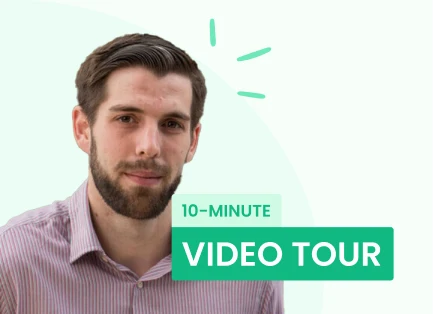AI, the frontline, and the future: How Hospitality can harness tech to power people
AI might feel like magic—but as Ben Dixon, CTO and co-founder of Sona, explained on the Hospitality Mavericks podcast, its real power lies in enabling people, not replacing them.
3 minute read
In a wide-ranging conversation with host Michael Tingsager, Ben offered a refreshing, grounded take on how AI can help Hospitality leaders build smarter, more human-centric businesses.
Listen to the full episode here - or read the biggest takeaways below:
1. AI should act like a second brain, not a replacement.
Ben's definition of AI is simple: it’s the tech that feels like magic—until it becomes commonplace. Where traditional machine learning presents data for us to interpret, generative or "agentic" AI takes it a step further. It can take objectives, navigate data, suggest actions, and even monitor results. In Ben’s words, it’s like a “really, really good chief of staff” working quietly behind the scenes.
For Hospitality, this means helping managers and floor colleagues make better decisions, faster—without being buried in dashboards or spreadsheets.
2. Frontline complexity demands frontline-first tech.
Sona’s journey began when Ben and his team built a gig economy platform for Retail and Hospitality businesses. What gave them the idea? The legacy systems these companies used were often outdated and not fit for the complex realities of frontline work.
That complexity is especially true in Hospitality, where operations vary drastically—from hotel front desks to quick service restaurants, each with its own rhythms and staffing challenges. Sona’s goal is to build tools that reflect that lived complexity, not oversimplify it.
3. AI helps shift the focus from admin to people.
One powerful example Ben shared is AI-powered scheduling. Sona’s “auto-scheduling” tool doesn’t just fill shifts; it balances guest experience, cost, location nuances, and even things like team preferences and fatigue. The result: a suggested schedule that managers can tweak in minutes—not hours—so they spend more time leading teams and less time in the back office.
In short, AI helps operators escape the “hamster wheel” of firefighting, and frees them to do the people-focused work that really moves the needle.
4. AI adoption is about clarity, not shiny tools.
Ben cautions against chasing every shiny new AI product. The winning businesses, he says, will be the ones who:
- Know what they’re trying to achieve,
- Involve end users early in the process,
- Prioritise tools that align with their strategic goals,
- And perhaps most critically: they’ve got their data house in order. AI is only as good as the data it runs on. Leaders who’ve invested in data clarity and access will be the first to unlock real value.
5. The frontline is ready—just ask them.
Worried your team will resist AI? Think again.
In one case, an operator Sona works with surveyed its frontline staff and found 20+ AI tools already in use—unofficially. Far from being fearful, staff were eager for clarity about which tools were approved. They want tech that makes their jobs easier and more rewarding.
6. AI can help scale culture, too.
Ben dove into a fascinating idea: what if AI could help operationalise your culture? If you feed your business principles and values into your AI tools, they can make decisions that align with how you want to work—not just the fastest or cheapest route.
Suddenly, that culture document doesn’t just live on a wall. It lives in your systems and brings staff together.
7. You’re not behind—but the window is narrow.
Many Hospitality leaders feel like they’re late to the AI party. But as Ben points out, the models have only recently become robust enough for real-world deployment. The first true “agentic AI” tools are rolling out now—especially in areas like workforce management.
That means we’re still early. But not for long. Businesses that start testing, learning, and adopting now will gain a long-term edge. Those that wait? They’ll be left playing catch-up in a radically changed market.
Final thoughts:
AI isn’t about automating people away. It’s about building a better workplace—with fewer screens, more human connection, and decisions made with clarity and confidence.
As Ben says, “The moment for Hospitality leaders is now.” The question is no longer if you’ll use AI—it’s how you’ll make it work for your people.
Enjoyed this article? Let's stay in touch 👋
If you liked this article, why not subscribe to our newsletter to get the latest news and views delivered straight to your inbox?

